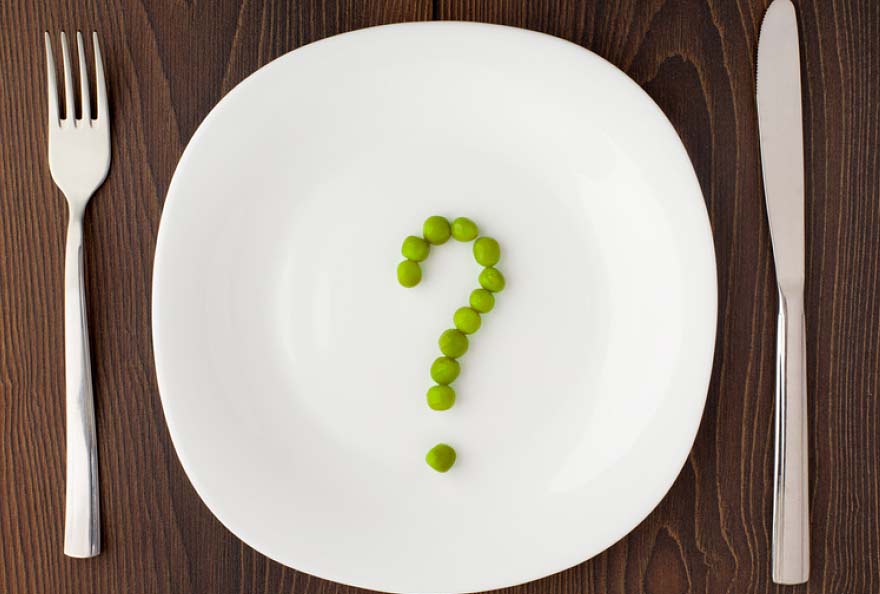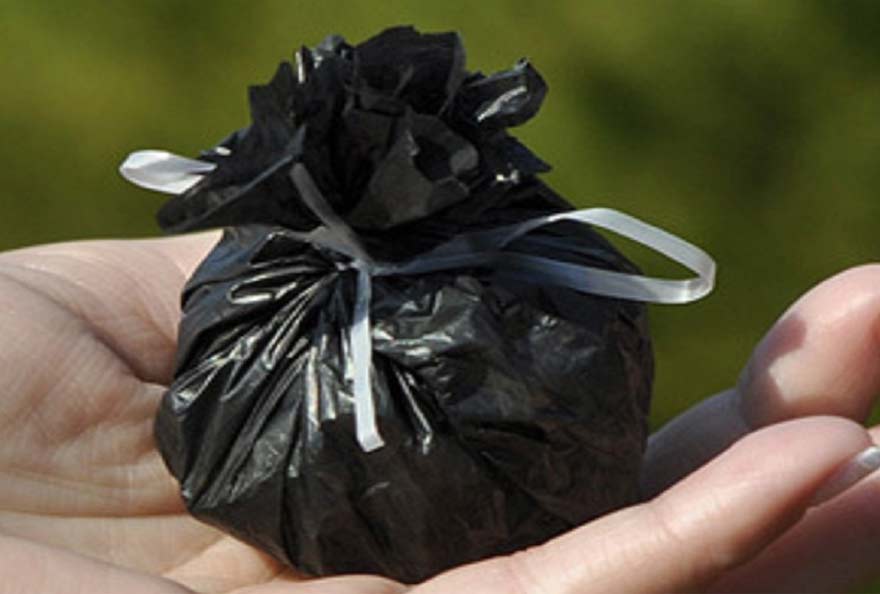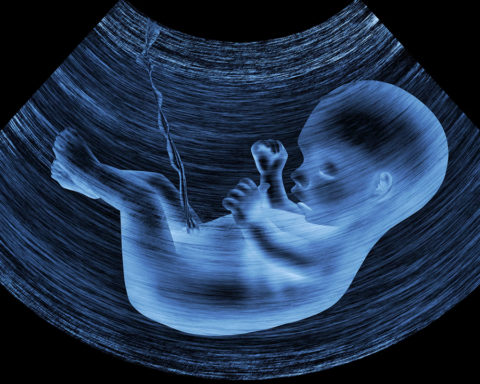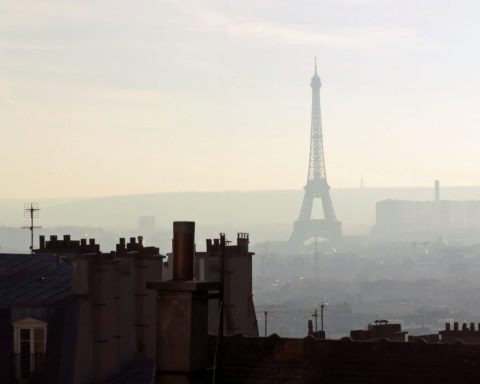That's it: the European Food Safety Authority, EFSA, has just released its long-awaited assessment of the controversial pesticide, the glyphosate, better known in France as Roundup, Monsanto's flagship herbicide, and whose authorization expires soon. On the basis of this report, it is now up to the European Commission to decide. Will Roundup still be able to be used for the next ten years, when it will have been had been classified on the list of products deemed "dangerous for the environment" by the European authorities, while remaining the most common pesticide in traditional agriculture?
Consternation! Glyphosate, the active substance in Roundup, does not present a carcinogenic risk for humans, has just been ruled by the European Food Safety Agency (EFSA). Lhe EFSA report minimises the risks, concluding that glyphosate is "unlikely to present a carcinogenic hazard to humans". By "unlikely" is it to be understood "possibly yes", "possibly no"? This information is a real puddle in the pond.
One step forward... two steps back?
The 115,000 consumers who signed the foodwatch petition in Germany, the Netherlands and France in collaboration with the Ligue contre le Cancer urged the European authority to take into consideration the study by IARC, the International Agency for Research on Cancer. This agency of the World Health Organization (WHO) classified glyphosate last March as a "probable carcinogen". The mobilization had borne fruit. In a letter to foodwatch, EFSA President Bernhard Url had committed itself to taking into account the carcinogenic risk highlighted by the WHO.
However, it must be said that the EFSA report, which should enable the European Commission to decide for or against the renewal of glyphosate authorisation, seems to give pride of place to the demands of the industry. Even if it announced improved control of glyphosate residues in food with the introduction of a new toxicological safety threshold, the "acute reference dose", which is the amount that can be ingested over a short period of time without being harmful to health, set at 0.5 mg/kg body weight per day. But this innovation will likely be of little help to all farmers and gardeners who handle glyphosate carelessly.

European Commission under pressure
Scientists' opinions diverge, and it is now up to politicians to decide. The European Commission has postponed its decision until mid-2016, at which point the Union will be committed for ten years. Clearly, as long as doubts remain about the safety of a substance, the priority must be to protect health. In the case of glyphosate, "probably carcinogenic" according to the WHO, the suspicions weigh heavily and make the use of this pesticide unacceptable. We do not want a renewal for a further ten years; the marketing authorisation for glyphosate must simply be withdrawn.
The foodwatch association has decided not to stop there. They have joined forces with some 40 European organisations civil society (Friends of the Earth, Future Generations, Greenpeace, Environment and Health Network, the League Against Cancer, etc.) to put pressure on the Commission.
Glyphosate is the most widely used herbicide in the world. French farmers and private individuals use more than 10,000 tons of it every year... which ends up on our plates, in our water and in the air we breathe, thus exposing us to a potential carcinogenic risk.
When we know that Roundup accounts for 40% of the sales of Monsanto, the world's second largest agricultural seed company, or about $1.8 billion, we cannot ignore the economic dimension of the issue and the role of lobbying in the latest decisions?
(Source: foodwatch - 23 November 2015)












